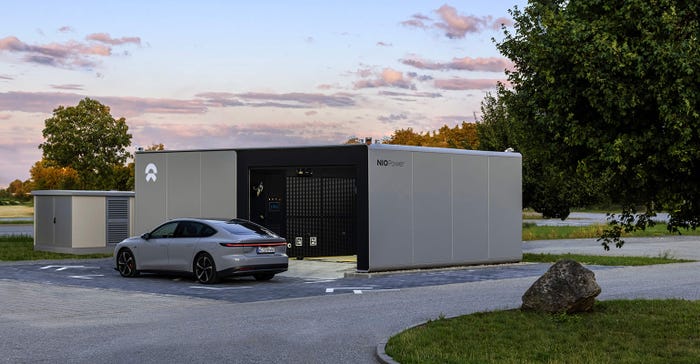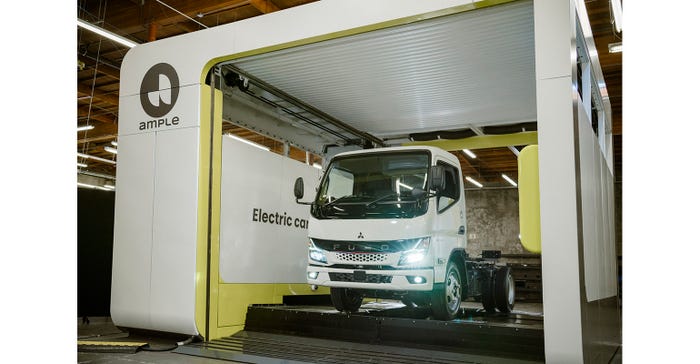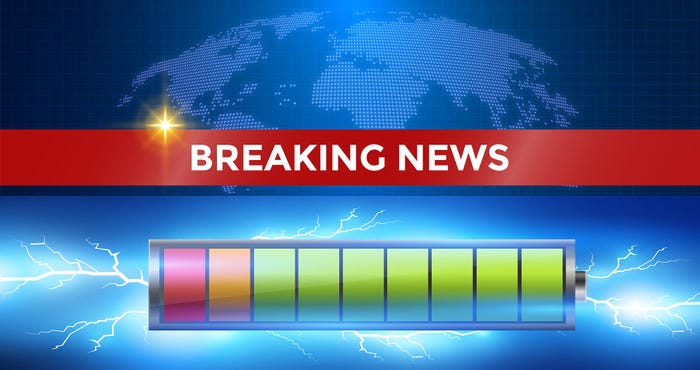Ferrari Explores Battery-as-a-Service Subscription for EVs and Hybrids
Explore Battery-as-a-Service (BaaS), a flexible, cost-effective subscription model for EVs and hybrids. Discover Ferrari's potential venture into this innovation.

Battery-as-a-Service (BaaS) is offering consumers of electric and hybrid vehicles a flexible and cost-effective alternative to traditional ownership models. This innovative approach allows users to subscribe to a battery pack rather than purchasing it, significantly reducing upfront costs and addressing concerns about battery degradation and replacement. Even luxury automakers like Ferrari are exploring the potential of BaaS, indicating their interest in this promising market. But first, let's learn about what BaaS is and explore the industry landscape.
How BaaS works
BaaS operates on a subscription model where consumers pay a monthly or annual fee for access to a vehicle's battery pack. This fee typically covers maintenance, upgrades, and in some cases, the replacement of the battery pack over its lifecycle. By decoupling the cost of the battery from the vehicle's purchase price, BaaS makes electric and hybrid vehicles more accessible to a wider range of consumers.
Examples of BaaS implementation
Several companies have already embraced BaaS, demonstrating its feasibility and benefits. Here are two of them:
NIO (China): NIO offers a robust BaaS program for its electric vehicles (EVs), allowing customers to purchase the vehicle without the battery pack and subscribe to a separate plan for the battery. This model includes battery swapping services at designated stations, ensuring convenience and minimizing downtime. Recently, NIO and CATL partnered to provide EV battery-swapping services.

NIO power swap station. Courtesy of NIO.
Ample (USA): Ample focuses on modular battery solutions for existing EVs, providing a BaaS platform where users can swap depleted batteries for fully charged ones at automated stations. The company recently announced a new partnership with Mitsubishi Fuso that aims to equip their electric trucks with Ample's modular battery-swapping technology.

Ample’s second-generation battery-swapping station. Courtesy of AMPLE.
Ferrari's venture into BaaS
Multiple news sources are reporting Ferrari—a luxury car manufacturer—is exploring BaaS models. Recently, Bloomberg reported that Ferrari plans to introduce a BaaS subscription service for its high-performance hybrid and electric supercars. People familiar with the matter claimed that Ferrari’s BaaS subscription will be close to $7,500 annually and will cover battery replacements and related services over the vehicle's lifetime.
The battery-pack subscription service not only aims to enhance customer satisfaction and loyalty but also aligns with Ferrari's strategy to adapt to stricter emissions regulations and appeal to a broader market interested in sustainable transportation solutions.
Benefits of BaaS
Cost-Effectiveness: BaaS eliminates the substantial upfront cost of purchasing a battery pack, making electric and hybrid vehicles more affordable for consumers.
Flexibility: Subscribers can choose battery packs that suit their driving needs and upgrade to newer technologies as they become available without the financial burden of purchasing a new battery.
Sustainability: By promoting battery recycling and reuse, BaaS contributes to reducing the environmental impact associated with battery manufacturing and disposal.
Future outlook
As the global automotive industry continues its shift towards electrification, BaaS is ready to play a critical role in shaping consumer adoption of electric and hybrid vehicles. By offering economic benefits, convenience, and environmental sustainability, BaaS models are likely to expand across different market segments and geographical regions. BaaS represents a significant advancement in EV ownership, providing a scalable solution that addresses key barriers to adoption. With companies like Ferrari entering the arena, the future looks promising for BaaS as a catalyst for sustainable mobility worldwide.
About the Author(s)
You May Also Like





